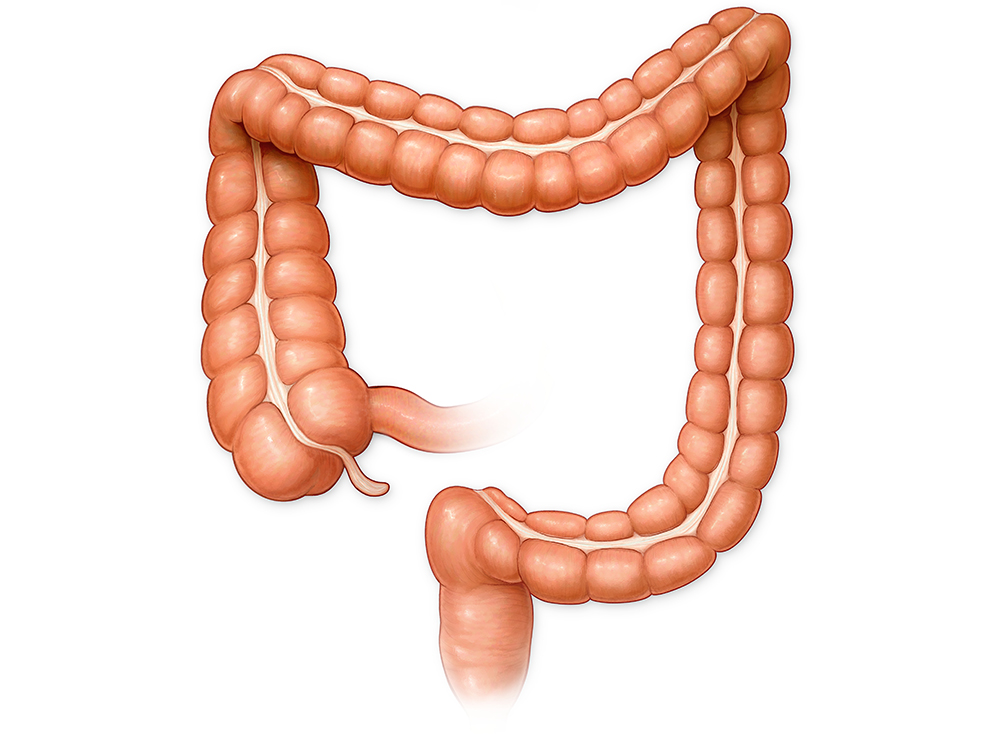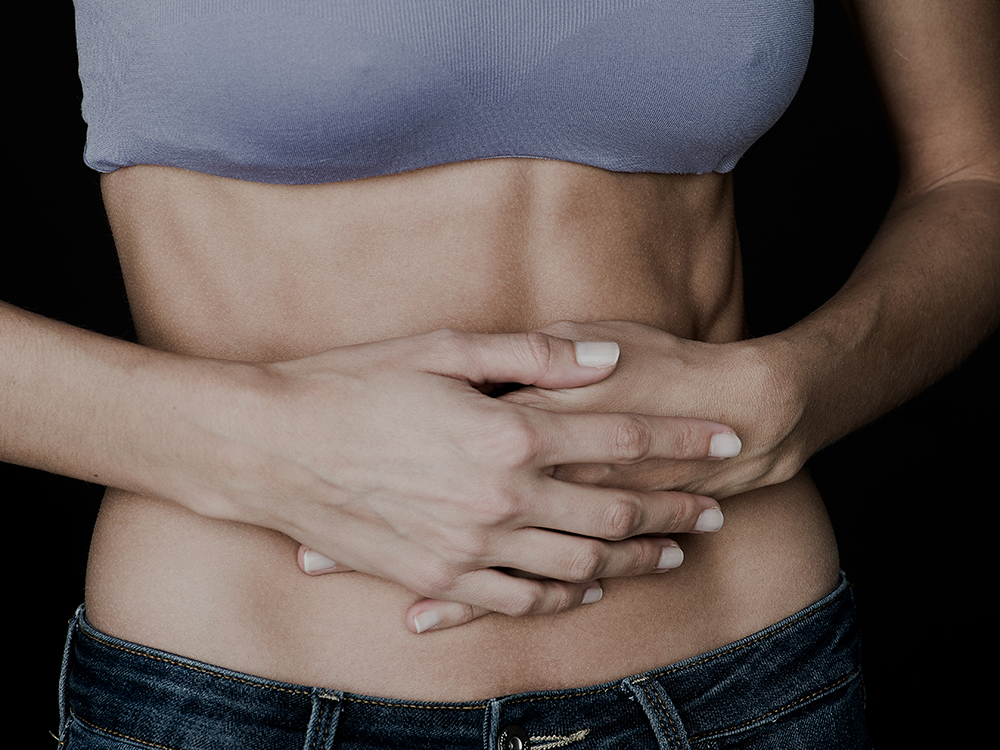My first time... What to expect during a colonic


What do acupuncture needles feel like? How long does botox actually last for? How embarrassing is colonic hydrotherapy? There are certain treatments that you’ve heard loads about, but you don't really know what happens during the appointment, whether it hurts or if it's really even for you? In this new franchise, we aim to try and clear things up for you See this as your one-stop resource for treatments on trial.
Whenever I told someone that I was booked in for a colonic, I either whispered it or mouthed it. Why? Maybe I was embarrassed? Or perhaps I wanted to save others from embarrassment. The response was generally shock, with a few people giggling uncomfortably. Something that I think is pretty reflective of the general outlook on colonic irrigation or colonic hydrotherapy. People kind of know what happens during (everyone knows that it involves a tube up the arse), but people rarely know exactly what happens from the moment you walk into the room to the moment you walk out, or the wealth of health benefits, like how important it can be for your gut health.
I visited Kara-Mia Vernon, a qualified naturopath and nutritionist, who has been working on digestive health for over ten years. She believes that health and disease begins with the gut: 'Today the focus is largely on healthy eating, which is great, but it doesn't cover the digestion and elimination part of gut health, which is also extremely important. People don't realise that we were never designed to eat three meals a day, essentially many of us eat far too much. This puts further stress on the digestive system and if you have a compromised evacuation system then you have an issue. This is where colonics can help address this.'
Hopefully, this piece will help clear things up a bit and give people a better idea of why a tube up the arse is so much more than a laughing matter.
What actually happens during a colonic?
You start by filling out a questionnaire about your past medical history that makes sure that it's safe for you to get a colonic. Then if you're clearer, you strip down and put on one of those sexy paper gowns that ties up at the back and leaves your tush on show. You lie down on a bed facing away from the therapist, with your legs tucked up towards your body – a bit like the foetal position. Then the lubricated tube is inserted into your rectum. From this point onwards the therapist guides the flow of the warm, clean, filtered water into your colon and then clamps down on the tube to allow the water to circulate and get to those hard to reach areas. At this point you can see and feel your stomach getting bigger and you'll suddenly feel like you need to go for a poo. This is when the clamp is released and the water flushes out and with it draws out waste material, toxins and trapped gas. At some point your therapist might want to try massaging the stomach to help move the water around to shift trapped gas. Once the therapist is happy that everything that can be done that day has been completed, they will remove the tube and tell you to go to the loo that's attached to the treatment room. Prepare yourself, because the water has got to come out. You have to sit there until you feel like you've emptied yourself out. The treatment lasts between 45 minutes and an hour.

Does a colonic hurt?
The colonic itself doesn't hurt at all. In fact, dare I say it felt very satisfying?! There are moments of discomfort when your stomach fills up with so much water that you feel like you're going to burst, but this is the exact point that your therapist releases the tube and there is a very pleasing feeling when you feel like everything is coming out.
Will I see everything during a colonic?
What you're actually asking is: 'Will I see poo?' Only if you want to. You are actually encouraged to take a peek, as it's all explained to you as it comes out. There's even a handy mirror, so that you only see part of the tube. I found it really interesting to look as Vernon was able to show me that I had way too much trapped gas, which explained a lot. She was then able to give me tips on how to combat this, like chewing a lot more, slowing down when I eat and not drinking water during meals.
Marie Claire Newsletter
Celebrity news, beauty, fashion advice, and fascinating features, delivered straight to your inbox!
On a scale of 1-10, how embarrassing is a colonic?
This totally depends on how squeamish or easily embarrassed you are. I knew it wouldn't bother me as I would happily speak about my bowel movements until the cows come home. Vernon also made me feel super comfortable. As she says, 'I've seen thousands of buttholes and my job is all about poo.'
What happens after your colonic?
Afterwards you might get slight stomach cramping, because you've just put your gut through a workout and you might find that your stools for the next day or so are slightly looser than normal. But everything should be back to normal within 24 hours.
Is there any chance that you might shit yourself after a colonic?
You won't have an accident on your way home. As I said, you're told to pop to the loo straight after the treatment to make sure all of the water comes out. If you're nervous, take your time and speak to your therapist. Don't leave until you're completely ready.

Should you arrive to a colonic with an empty stomach?
Not exactly. You should keep things simple the day of your colonic - don't eat anything too rich, drink plenty of water and don't go boozing the night before.
What are the benefits of a colonic?
'Colonics help to cleanse, tone and exercise the colon,' explains Vernon. 'They help improve muscle contraction and re-educate the colon, helping it return to its more original form. It can also help to balance the micro-flora ecosystem by removing both good and bad bacteria and giving the body a helping hand to replace the good. Encourages the expulsion of parasites and other negative creatures living in the gut.'
Because the colonic removes debris and toxins from the colon wall, absorption of nutrients through the wall improves as there's nothing blocking it. It can also improve your overall health. Not only is your body is no longer able to absorb the left over toxins, from things like bad diet and stress, and get into the bloodstream, so you are more likely to have clearer skin and your immune system will be able to function properly, but it actually helps boost your hydration levels.
It also acts as a workout for your large intestine and colon, because the body's own peristalisis (the action of the muscles of the colon) is used and stimulated during the treatment.
Who benefits most from a colonic?
Everyone can benefit from colonic hydrotherapy, as the gut is where we hold waste and sometimes we don't pass this waste naturally. A little help shifting this detritus can do wonders to improve the skin's appearance and overall health. There are certain people who particularly benefit from regular sessions, like those with Irritable Bowel Syndrome or those who don't go to the loo as regularly as they should. Vernon also says that people going through chemotherapy are the perfect candidate as the colonic will help rid their body of the toxic waste left in the body post-Chemo. If you're doing a strict diet or cleanse, colonics are recommended to supplement both.
Who should steer clear of colonics?
Anyone who suffers from an inflammatory bowel disease (IBS), like Crohn's Disease or colitis, and those with colon cancer. It's also not advised if you are pregnant.
How often should you get a colonic?
I completely depends on each person. As Vernon says: 'Obviously, a 25-year-old who opens their bowels twice a day would need them less than a 45-year-old who goes to the bathroom 3 times a week. I work with each client on a case by case basis.'
Do colonics help you lose weight?
No not really. However, Vernon says that once people have had a colonic they have a feeling of starting fresh and then not wanting to put any 'bad' food back in. 'It's more like the feeling of starting with a clean slate and wishing to maintain that, rather than actual weight loss.'

Does a colonic wash all of the good bacteria out?
This is widely reported in so many articles about colonics, but something that Vernon wants to clarify. 'If it did, then I wouldn't do this job,' says Vernon. 'Imagine you are about to plant a rose bush in your back garden. You put new soil in (healthy food), you add fertilizer (probiotics/ pre-biotics), but ideally, before you plant anything in the ground you take out any weeds or stones that will prevent it's healthy growth. Colonics help the good guys proliferate and encourage balance. It's simply not possible to wash out two kilos of bacteria that are largely located in the mucous membrane of the colon.'
How much does a colonic cost?
This totally depends on the clinic you are visiting. However, according to the NHS website, you should expect to pay on average between £60 and £90 per session.
Katie Thomas is the Senior Beauty Editor at Marie Claire UK. With over 10 years of experience on women's luxury lifestyle titles, she covers everything from the best beauty looks from the red carpet and stand out trends from the catwalk, to colonic irrigation and to the best mascaras on the market. She started her career on fashion desks across the industry - from The Telegraph to Brides - but found her calling in the Tatler beauty department. From there she moved to Instyle, before joining the Marie Claire digital team in 2018. She’s made it her own personal mission to find the best concealer in the world to cover her tenacious dark circles. She’s obsessed with skincare that makes her skin bouncy and glowy, low-maintenance hair that doesn’t require brushing and a cracking good manicure. Oh and she wears more jewellery than the Queen.
-
 Prince Harry's "proud" words about wife Meghan Markle are going viral
Prince Harry's "proud" words about wife Meghan Markle are going viralBy Jenny Proudfoot
-
 Sources have opened up about Timothée Chalamet and Kylie Jenner's "intense" start to the year
Sources have opened up about Timothée Chalamet and Kylie Jenner's "intense" start to the yearBy Jenny Proudfoot
-
 Two Hollywood actresses were offered the role of Carrie Bradshaw before Sarah Jessica Parker
Two Hollywood actresses were offered the role of Carrie Bradshaw before Sarah Jessica ParkerBy Jenny Proudfoot